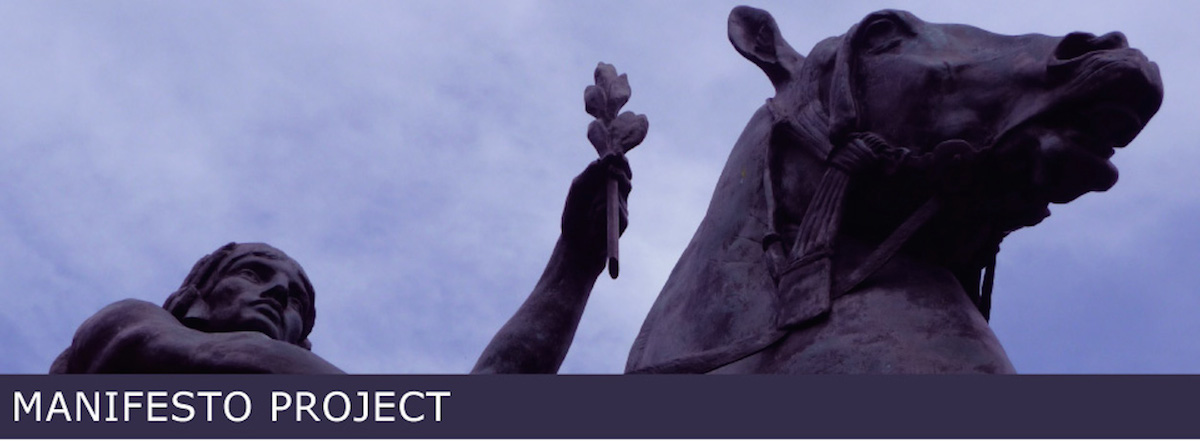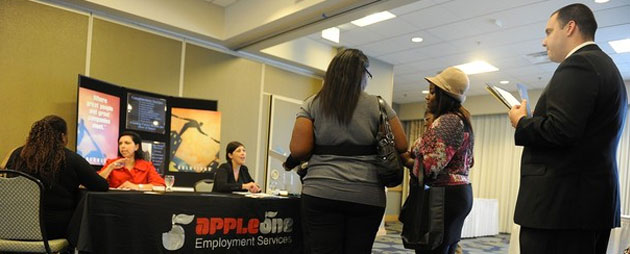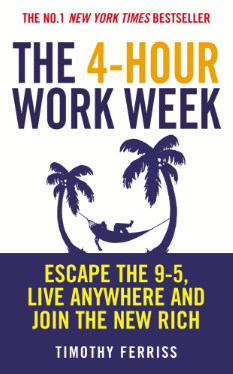Creator
Remote Work was created by Greg Caplan and Sam Pessin.
Purpose
In August 2014, Remote Year was started by two friends asking a simple question, “Who wants to travel together for a year while working remotely?” Out of that inquiry grew an incredible community with a set of shared values and a mission for impacting the world.
“Our mission is to create a more peaceful and productive world by fostering genuine human connections across diverse cultures and people.”

Manifesto
Work-Life Flexiblity
Championing location independent productivity.
We don’t just advocate for it, we live it. Remote Year is a fully-distributed company, meaning each of our employees works remotely, either from their home or on the road. We give our team the opportunity to do great work – on their teams.
Global Perspective
Appreciating the world’s diversity and interconnectedness.
No two people are the same – and that is what makes the world so inspiring. We believe in seeking out similarities and celebrating differences. No matter where we are, we seek to understand those around us and aim to build bridges where before there were walls.
Empathy
Expanding our capacity to care for others.
We have a penchant for pushing ourselves out of our comfort zones. This lifestyle connects you with people that you may have never met otherwise, local residents in the cities that you travel to or fellow Remotes. We live for the moment that an internal light bulb clicks on, illuminating the way toward making decisions that take all perspectives into account.
Community
Coming together with a purpose.
It’s not about what you can do on your own, it’s about what we can do as a whole. Our team lives by this ethos as members of the Remote Nation, creating meaningful connections and building lasting bonds as we pursue a life of productivity and positive impact.
Being Present
Embracing awareness and gratitude for the moment.
Every day presents opportunities for reflection – only if you’re prepared to notice them. We strive to appreciate every moment of awe, inhale every bit of inspiration and take a break whenever life feels like it’s moving too quickly.
Dreaming
Creating the optimistic future you envision.
We’re leading the way in remote work and ushering in a new era of location-independence. At Remote Year we believe in breaking away from the status quo and changing the possibilities — that means changing what’s possible for both the future work as well as the possibilities for each and every one of our participants on our programs.
Source
https://remoteyear.com/mission
Comment
Having a set of values to live by is one way to declare what you intend for the future.
By definition, your values are what you deem to be important – to be valuable. They are like a compass rather than a map because they set a direction without being prescriptive about what needs to be done.
In the context of the manifesto, I’m not a great fan of simply having values. I don’t think they go far enough. I think they become generic.
In particular, I think the Remote Work mission fails because it is like most mission statements – it’s generic in that hundreds of similar organisations could state a similar objective. It lacks audacity.
For me, a manifesto has a stronger intent. It’s not just a point of view; it’s a strong belief. The US Declaration of Independence says it best: “We hold these truths to be self-evident…”
What is your truth?
I think this is an opportunity that Remote Work could take much further by describing the world they want to see. (This is particularly relevant to me because I’m considering going on one of their adventures.) And their values don’t speak the full power of the opportunity they are offering.
For me, remote work is the catalyst for three major opportunities:
- Inspire the careers of future global leaders – consider how your career would be transformed by working abroad for the next 12 months. What would you see? Who would you meet? And most importantly, who would you become?
- The future of work – The future of work is here today. For the first time in human history, a large group of people on the planet has the tools of production in their backpacks – their laptop and smartphone. That changes everything about work – in particular what we can do and where we can do it. Work is no longer about a job, it’s about a life worth celebrating. Build your life’s work.
- Build a new nation – Our planet is artificially divided based on natural land features and historical tribes that no longer match the global way we live and interact in a digital economy. Remote Work is not just a rambling feel good community, it’s a nation of people committed to peace, prosperity and cooperation. Take Remote Nation to another level! Take it to the literal level you have described in these words – a new nation. (This is the one I like – it’s bold, edgy and courageous – the three personal qualities you would need to embody to want to take on a year of Remote Work.)
Hopefully, you can see my point. There is an opportunity to elevate Remote Work into a much bigger movement and the key is to create that possibility through a more potent manifesto.
PS: I’d also add a visual to share the message more freely and widely. If you want us to become a ‘card-carrying’ member of your tribe then we need a card we can carry. We need an easy way to say ‘I’m proudly part of this.’
More
Manifesto for Smarter Working (remote work in organisations)
Haydn Shaughnessy – The New Work Manifesto (addressing the lack of engagement in the workplace)
Timothy Ferriss – The Four Hour Work Week – a radical look at how we could live and work




